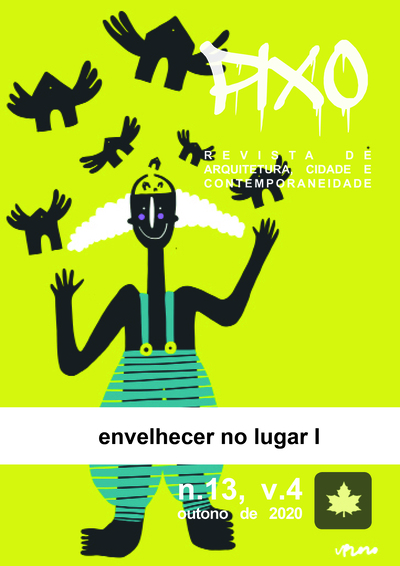AGEING IN AN UNEQUAL WORLD
Implications for age-friendly cities and communities
Resumo
The World Health Organisation (WHO) Age-Friendly Cities and Communities (AFC) agenda has become a key policy driver for delivering urban environments that support older people to age in place. The movement has led to positive interventions at a city and community level alongside evidence of effective partnership working. Despite this, there are challenges in terms of how best to address widening societal inequalities in old age, where access to the resources and supports to age well are often compromised. The aim of this paper is to explore the implications of these inequalities on the agefriendly cities and communities agenda with specific reference to the challenges and opportunities to ageing in place. In doing so we reflect on different forms of inequality that impact older people (spatial, social and political), and the role of intersectionality in understanding the multiple forms of disadvantage that impact the ageing process. We draw out some specific recommendations for moving forward with the AFC agenda which are important if coordinated approaches to addressing ageing in place are to be achieved: challenging ageing inequalities and place; supporting rights within the context of ageing and the city; co-production and AFC; and integrated working and AFC. Addressing these key areas are integral to ensuring that the supports are in place at a city and community level to provide the opportunities and structures to support older people to age in place.
Downloads
A revista se reserva o direito de efetuar nos originais alterações de ordem normativa, ortográfica e gramatical, com vistas a manter o padrão culto da língua, respeitando, porém, o estilo dos autores. As provas finais não serão enviadas aos autores. O Conselho Editorial não se responsabiliza por opiniões emitidas pelos autores dos trabalhos publicados. Os trabalhos aceitos para publicação passam a ser de propriedade da Revista PIXO, não podendo, o autor, reclamar, em qualquer época ou sob qualquer pretexto, remuneração ou indenização pela publicação. A reimpressão, total ou parcial, dos trabalhos publicados é sujeita à autorização expressa dos Editores. Obs. Cabe(m) ao(s) autor(es) as devidas autorizações de uso de imagens com direito autoral protegido (Lei nº 9610, de 19 de fevereiro de 1998), que se realizará com o aceite no ato do preenchimento da ficha de inscrição via web.


.png)
